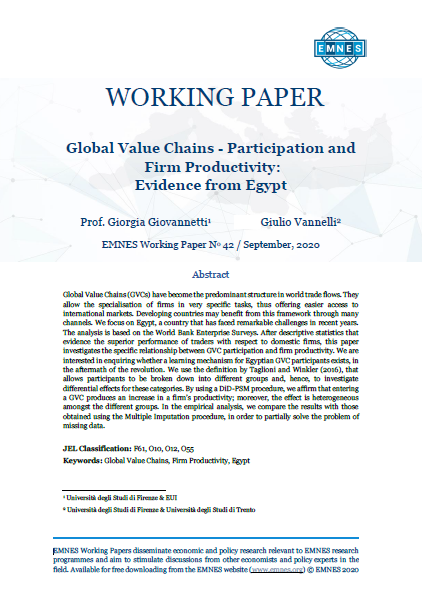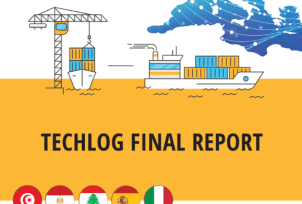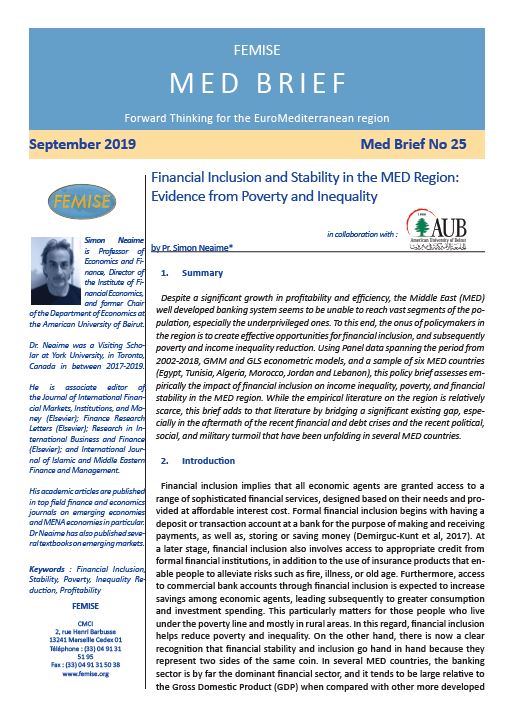EMNES Working Paper 42: Global Value Chains – Participation and firm productivity: Evidence from Egypt

Global Value Chains (GVCs) have become the predominant structure in world trade flows. They allow the specialisation of firms in very specific tasks, thus offering easier access to international markets. Developing countries may benefit from this framework through many channels. The focus is on Egypt, a country that has faced remarkable challenges in recent years. The analysis is based on the World Bank Enterprise Surveys.
After descriptive statistics that evidence the superior performance of traders with respect to domestic firms, this paper investigates the specific relationship between GVC participation and firm productivity. The authors are interested in enquiring whether a learning mechanism for Egyptian GVC participants exists, in the aftermath of the revolution.
Latest Publications































 Syria
Syria 



